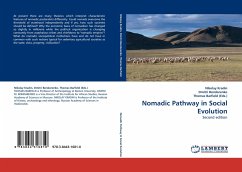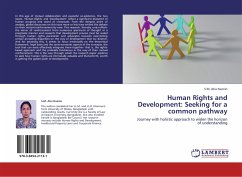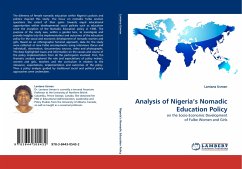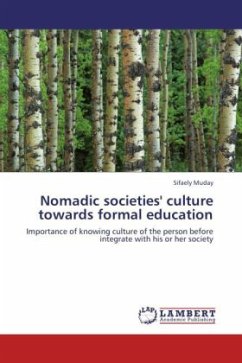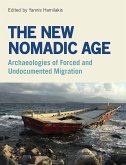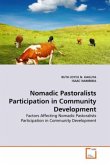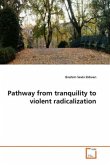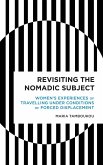At present there are many theories which interpret characteristic features of nomadic pastoralists differently. Could nomads overcome the threshold of statehood independently and if yes, how such societies should be defined? Why the economic basis of nomadism has changed so slightly in millennia while the political organization is changing constantly from acephalous tribes and chiefdoms to "nomadic empires"? What do nomadic sociopolitical institutions have and do not have in common with such notions typical for sedentary agricultural societies as the state, class, property, civilization?
Bitte wählen Sie Ihr Anliegen aus.
Rechnungen
Retourenschein anfordern
Bestellstatus
Storno

